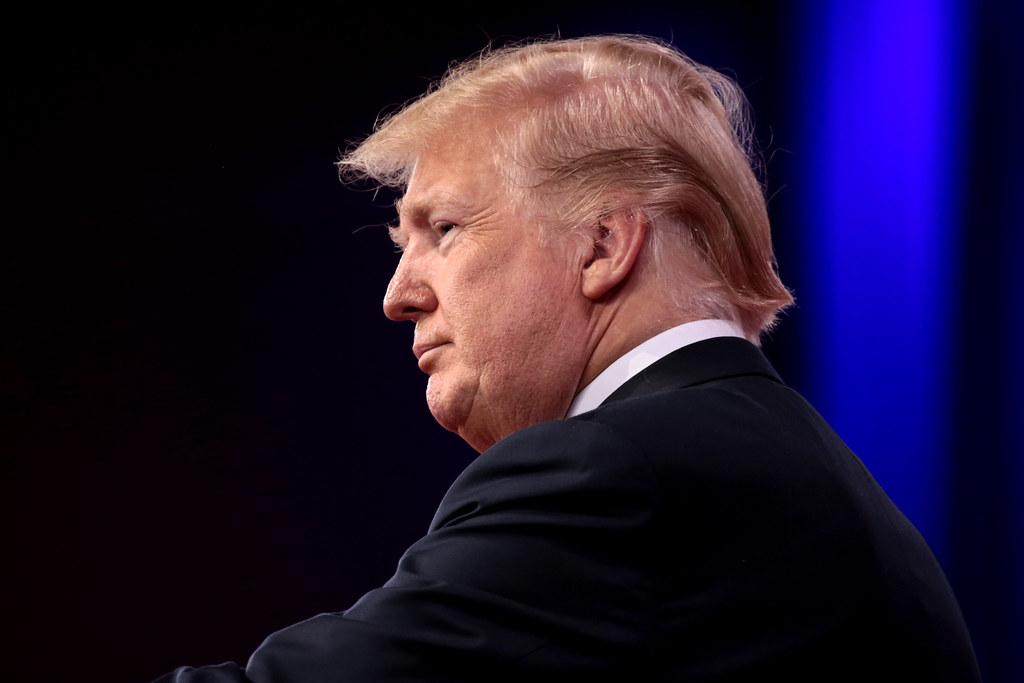Recent testimony by FBI Director Christopher Wray has sparked significant political backlash after he suggested that former President Donald Trump may not have been struck directly by a bullet during an assassination attempt. This statement came during Wray’s appearance before the House Judiciary Committee and has led to vehement responses from Republican leaders.
During his testimony on Wednesday, Wray clarified the ongoing FBI investigation into the shooting incident at a Trump rally in Pennsylvania. He expressed uncertainty about whether the injury sustained by Trump was caused by a bullet or shrapnel, stating, “I think with respect to former President Trump there’s some question about whether or not it’s a bullet or shrapnel that, you know, hit his ear.” This statement has fueled intense debate and speculation regarding the true nature of Trump’s injuries.
Political Reactions and Criticisms
House Speaker Mike Johnson openly doubted the credibility of Wray’s testimony, citing various sources and analyses that suggest a bullet did indeed pass through Trump’s ear. He expressed frustration over what he perceived as a lack of forthcoming information from Wray.
Steven Cheung, a spokesman for the Trump campaign, also condemned Wray’s comments, dismissing them as part of a politically motivated conspiracy. Furthermore, Rep. Ronny Jackson, a former White House physician, supported Trump’s claim of being hit by a bullet, emphasizing the severity of the wound in a public statement and a letter released by the Trump campaign.
In response to the growing controversy, the FBI issued a statement reiterating that the event was an attempted assassination involving Trump’s injury. The agency highlighted its ongoing investigation, which includes analysis by the FBI’s Shooting Reconstruction Team, examining bullet fragments and other evidence from the scene.
Medical and Expert Opinions
Despite strong opinions from political figures, there has been no independent medical verification of the injuries as Trump has not released any medical records. The absence of transparency has led to calls from figures such as Rep. Dan Goldman for Trump to be forthright about the incident’s specifics to clarify public understanding.
The incident and subsequent testimonies have intensified discussions about the intersection of politics and justice, with implications for public trust in federal agencies and elected officials. The debate extends beyond the specifics of the injury to broader accusations of bias and misconduct within high-level federal operations.
| Date | Event | Key Statement |
|---|---|---|
| July 24 | Wray’s Testimony | Suggested uncertainty about Trump being hit by a bullet. |
| July 24 | Republican Reactions | Criticisms from Mike Johnson, Steven Cheung, Ronny Jackson. |
| July 25 | FBI Statement | Confirmed ongoing investigation into the attempted assassination. |
| July 25 | Medical Claims | Ronny Jackson asserts Trump was injured by a bullet, without presenting independent medical records. |
The controversy surrounding FBI Director Christopher Wray’s testimony and the nature of Donald Trump’s injuries has highlighted deep divisions and the highly charged political environment surrounding such high-profile incidents. As investigations continue and political debates rage, the truth behind the exact circumstances of the incident remains a focal point of national interest.










